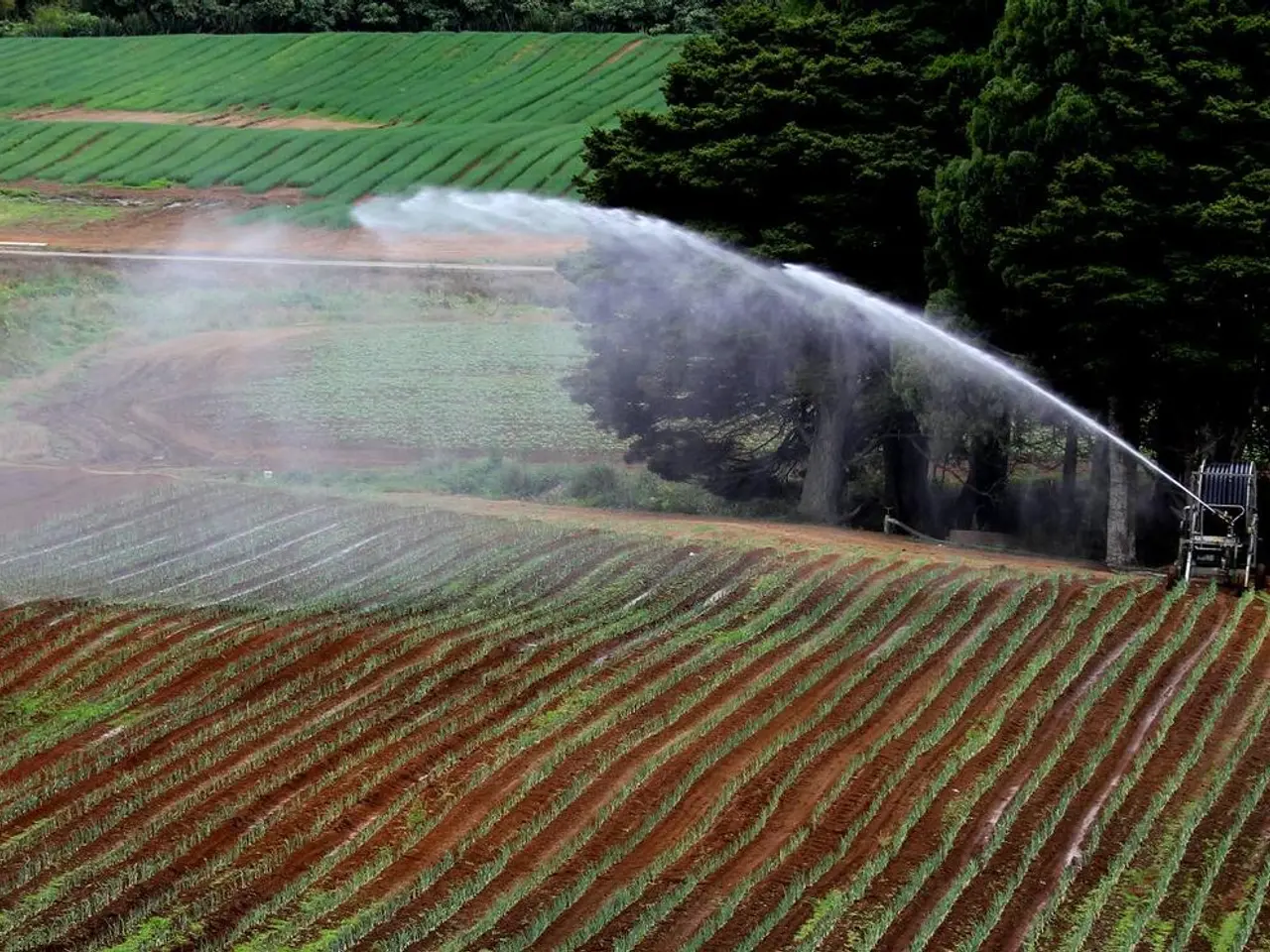Sustainable Agriculture in a Decarbonized Economy
Agroecology, a farming approach that promotes sustainable practices in community gardens and rooftop farms, is gaining momentum as a key strategy for transitioning towards a more sustainable and equitable post-carbon economy. This system integrates ecological principles with agricultural practices, fostering resilient, biodiverse, and low-input farming systems that reduce greenhouse gas (GHG) emissions, enhance carbon sequestration, and support social justice.
One of the significant contributions of agroecology is its ability to reduce the reliance on synthetic inputs such as pesticides and fertilizers, thereby cutting pollution and GHG emissions while improving soil and water health. Agroecological practices like agroforestry, cover cropping, and no-till farming also enhance soil fertility and carbon sequestration, mitigating climate change by storing carbon and improving resilience to drought and soil erosion.
Moreover, agroecology restores crop diversity and biodiversity, improving food security, ecosystem services such as pollination and pest control, and ecosystem resilience against climate stresses. It supports economic resilience and equity by lowering input costs, increasing self-sufficiency, and generating new market opportunities for sustainable produce, often benefiting smallholder farmers and marginalized groups.
Successful implementation of agroecology relies on a holistic mix of ecological practices, community empowerment, and enabling policies. Key practices include agroforestry, cover cropping and crop diversification, water conservation techniques, organic soil enrichment and composting, and integrated pest and nutrient management.
Critical policies and institutional supports are also essential for scaling agroecological methods. These include supportive government policies and incentives, such as subsidies shifting from synthetic inputs to ecological practices and carbon farming programs. Farmer training and extension services that combine traditional and scientific knowledge with climate forecasting and digital tools are also crucial, as are initiatives that strengthen Farmer Producer Organizations (FPOs) for improved market access, bargaining power, and operational efficiency.
Recognition and protection of land rights and cultural practices, especially for Indigenous peoples, are also vital for ensuring meaningful participation and benefits as part of social equity. Integration of agroecology in national climate and food security strategies is key to linking environmental benefits to economic development and social justice goals.
In a post-carbon economy, funding for agroecology initiatives comes from government grants and philanthropic funding, supporting innovative farming techniques and eco-friendly practices like crop diversity, organic amendments, and urban farming that reduce emissions and build climate resilience. Fostering strong community connections can also support knowledge sharing and collective resilience in agroecological practices.
In conclusion, agroecology facilitates a post-carbon economy by redesigning agriculture to enhance ecological health, carbon capture, and social equity. Its success relies on a holistic mix of ecological practices, community empowerment, and enabling policies that support sustainable livelihoods and climate resilience from the ground up. By promoting sustainable food systems, agroecology offers a promising path towards a more equitable and sustainable future.
Science plays a crucial role in supporting agroecology, offering knowledge for integrating ecological principles with agricultural practices. Environmental science, in particular, helps in understanding the impact of climate-change on agriculture and developing strategies to mitigate its effects.
Moreover, sustainable living extends beyond agriculture to our daily choices, such as cooking. Adopting healthy-cooking methods reducing reliance on processed foods and fossil fuels can contribute to a more sustainable lifestyle.
In the realm of food-and-drink, organic farming methods employed in agroecology align with the notion of sustainability, helping reduce pollution and GHG emissions from conventional farming practices.
Lastly, home-and-garden practices, like composting organic waste, can foster carbon sequestration and help combat climate-change, much like agroecological methods in community gardens and rooftop farms. Thus, embracing sustainable-living principles across various aspects of life can lead to a more equitable and environmentally-friendly world.




